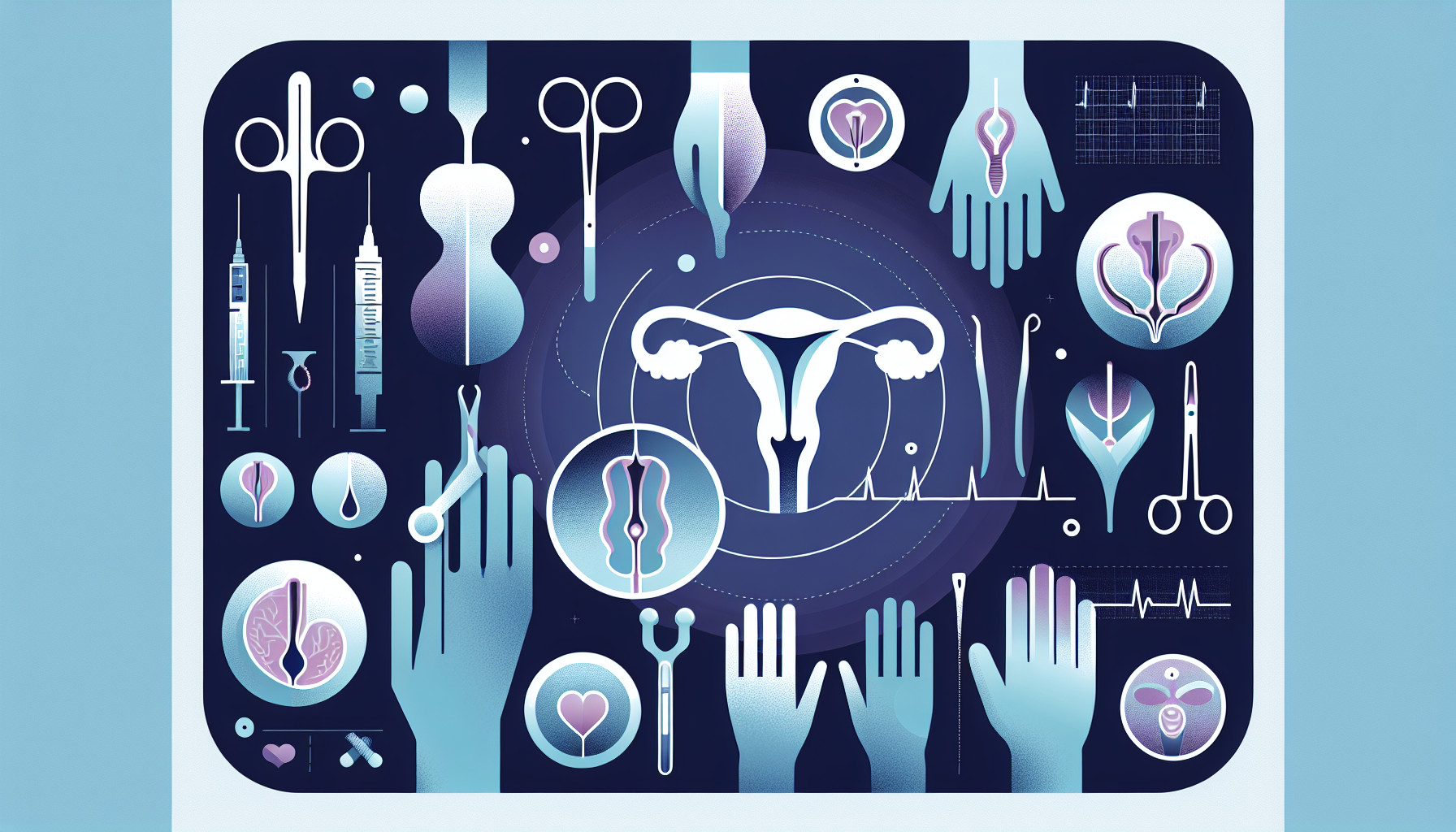Our Summary
This research aims to understand what kind of information patients want when they have a gender-affirming vaginoplasty (a surgery that creates a vagina). The team sent out a survey to 30 people who had this surgery between 2018 and 2020, which asked questions about what topics they thought were important and how they preferred to get this information. They got answers back from 17 people (more than half).
The results showed that all topics in the survey were seen as at least moderately important. Most people (97%) liked to get written information about what to expect before surgery, and most (90%) preferred to get this information directly from their surgeon.
The survey showed five main themes or areas of interest: how they would recover, how satisfied they were, how much they trusted their healthcare providers, how they got their information, and specifics about the surgery (like how to dilate the new vagina and how deep it would be).
The researchers concluded that people having this surgery need a lot of information. They like to get this info from their surgical team, in writing, and in face-to-face chats. They’re especially interested in understanding how to care for their new vagina and what complications might happen. The study also pointed out that it’s important for healthcare providers to be understanding and trustworthy, and that healthcare needs to be more welcoming and inclusive.
FAQs
- What type of information do patients undergoing gender-affirming vaginoplasty find most important?
- What are the preferred methods for receiving information by patients undergoing gender-affirming vaginoplasty?
- What is the significance of understanding neovaginal dilation and possible complications in gender-affirming vaginoplasty?
Doctor’s Tip
A helpful tip a doctor might tell a patient about vaginoplasty is to make sure to follow the post-operative care instructions provided by the surgical team, including proper wound care, medication management, and physical activity restrictions. It is important to communicate any concerns or questions with your healthcare providers and to attend all follow-up appointments to ensure a successful recovery process. Additionally, understanding the importance of neovaginal dilation and being aware of possible complications can help patients feel more informed and confident about their surgical journey.
Suitable For
Patients who are typically recommended vaginoplasty are transgender individuals who have undergone hormone therapy and have made the decision to undergo gender-affirming surgery to align their physical body with their gender identity. These patients may experience gender dysphoria related to their genitalia and seek vaginoplasty as a way to alleviate this distress and improve their quality of life. It is important for these patients to have a thorough understanding of the surgical procedure, risks, benefits, and post-operative care in order to make informed decisions about their treatment.
Timeline
Before Vaginoplasty:
- Patient begins to explore gender-affirming surgery options
- Consultation with a surgeon to discuss the procedure and potential risks
- Pre-operative assessments and tests are conducted to ensure patient is a suitable candidate for surgery
- Patient receives information about the surgery, recovery process, and potential complications
- Patient prepares for surgery mentally and physically
After Vaginoplasty:
- Patient undergoes the surgical procedure
- Post-operative care and monitoring by healthcare providers
- Patient starts the recovery process, including wound care and pain management
- Patient may need to follow a neovaginal dilation schedule to maintain vaginal depth
- Follow-up appointments with surgeon to monitor healing and address any concerns
- Patient adjusts to their new body and experiences improved satisfaction with their gender identity.
What to Ask Your Doctor
- What are the risks and potential complications associated with vaginoplasty?
- What is the expected recovery process like, including post-operative care and follow-up appointments?
- What can I expect in terms of sensation and sexual function after the surgery?
- How long will it take for me to see the final results of the vaginoplasty?
- What are the factors that can affect the success of the surgery, such as age, weight, and overall health?
- Are there any alternative treatments or procedures that I should consider?
- What should I do to prepare for the surgery, both physically and emotionally?
- How long will the neovagina need to be dilated, and what is the process for doing so?
- What are the potential long-term effects or complications of vaginoplasty that I should be aware of?
- Can you provide me with information on the experience and qualifications of the surgical team performing the procedure?
Reference
Authors: Millman A, Gabela A, Morgantini L, Acar O, Kocjancic E. Journal: Int J Impot Res. 2023 Oct 25. doi: 10.1038/s41443-023-00783-5. Online ahead of print. PMID: 37880503
